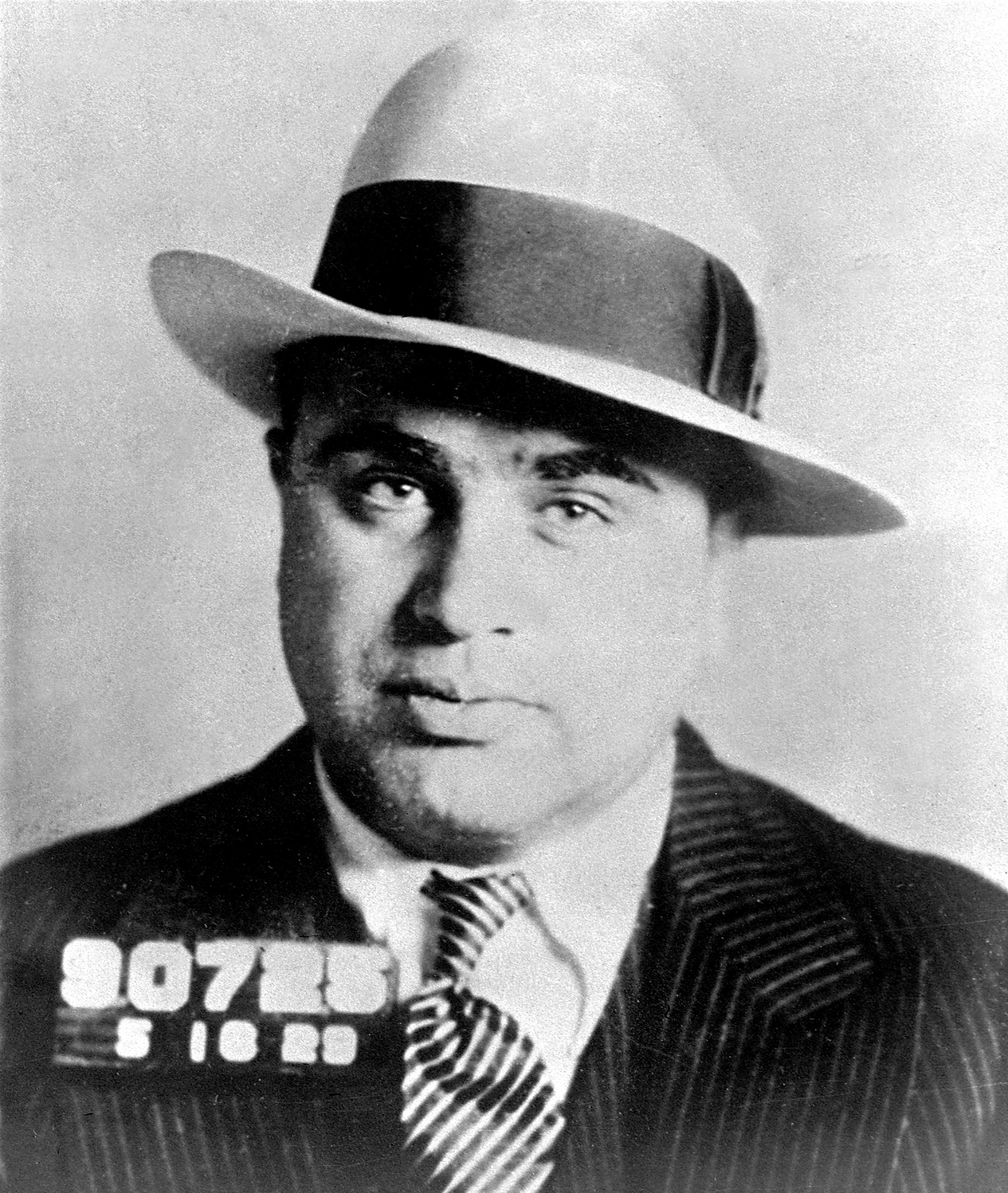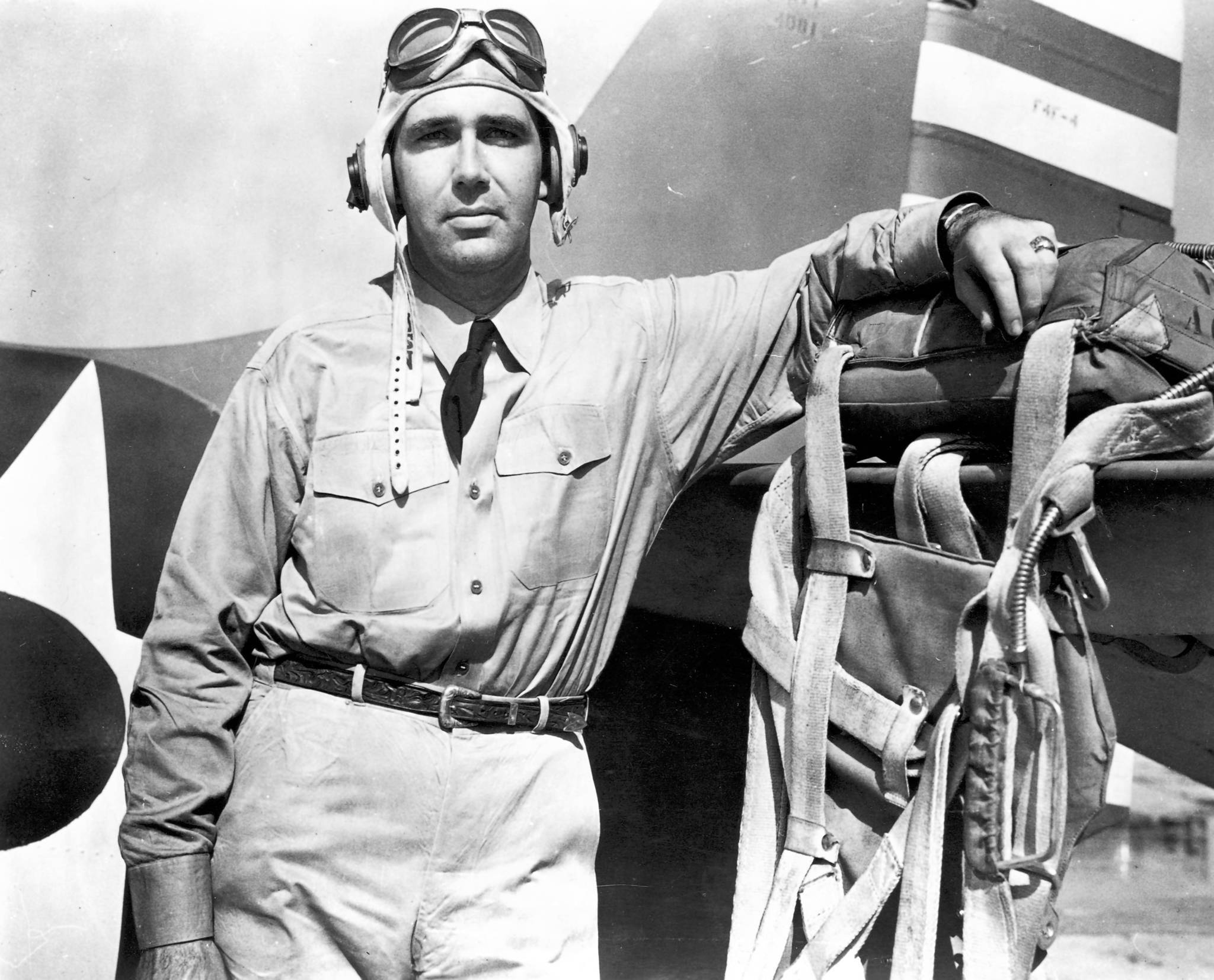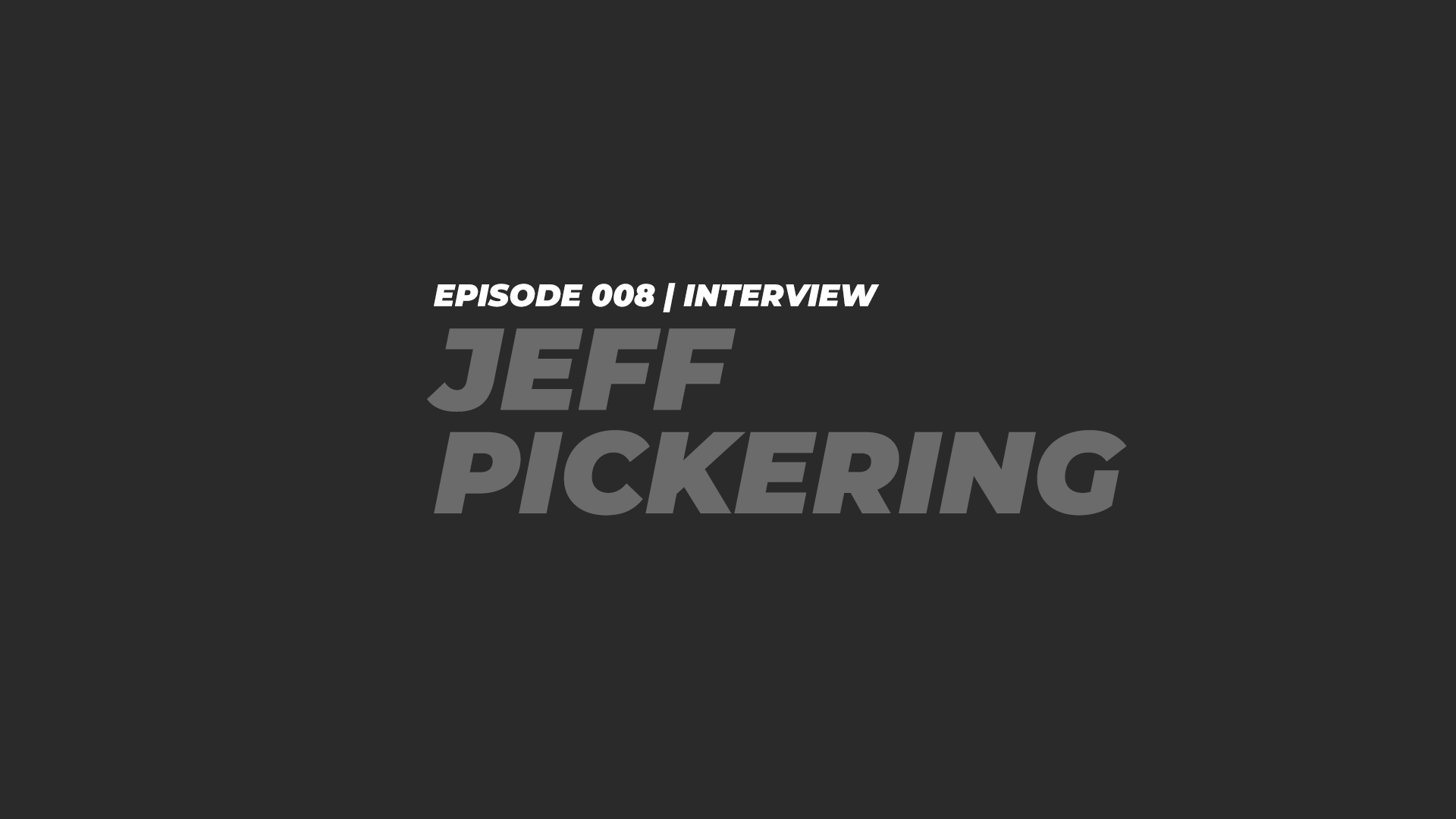
In the roaring 1920’s Al Capone owned virtually all of Chicago. He wasn’t famous for anything heroic, instead he was known for leading an organized group in illegal bootlegging, prostitution and murder.
Capone had a lawyer nicknamed “Easy Eddie.” He was his lawyer because he was very good. Eddie’s skills had kept Al Capone out of prison for a long time.
Capone showed his appreciation for Easy Eddie by showering him with every luxury in life that could be enjoyed, including a gated mansion with servants. The estate he lived in was so big it filled an entire Chicago city block.
Eddie lived the high life and gave little thought to the evils that went on around him. But he had one soft spot in his heart. He had a son he loved completely, and he ensured he had everything in life to help him get ahead.
Despite Eddie’s involvement in organized crime, he tried to teach his son right from wrong. He wanted his son to be a better man than he was. Yet with all of his wealth and influence there were two things Eddie could not pass on to his son – his good name and example.
It was later that Easy Eddie decided to try to right all his wrongs. He went to law enforcement and told the truth about Al Capone in hopes that it would clean up his tarnished name and offer some semblance of integrity to his son. In order to do this he knew he would have to testify against Al “Scarface” Capone and the mob and that it would most likely cost him dearly.
He testified and within a year Easy Eddie’s life ended in an enormous blaze of gunfire on a lonely Chicago street. In his eyes he had given the greatest gift he could to his son.
Police pulled from his pocket a rosary, a crucifix, a religious medallion and poem he had clipped from a magazine. The poem read:
The clock of life is wound but once,
And no man has the power
To tell just when the hands will stop
At late or early hour.
Now is the only time you own.
Live, love, toil with a will.
Place no faith in time.
For the clock may soon be still.
Eddie squealed — the mob remembered — and two shotgun blasts would silence him forever. Eddie never lived to see his dream come true of his son living a life of integrity.
But it did.

Three years later, on February 29, 1942, in the Pacific theater of World War II, nine twin-engine Japanese bombers, in formation, were on course to their target: the US aircraft carrier Lexington. Butch O’Hare could see them all clearly from the cockpit of his Grumman Wildcat F4F. He was their lone-wolf pursuer, tagging along in the darkness. If he did not seize the opportunity now to attack from the rear, his home base, the carrier Lexington, would be obliterated — sent to the ocean floor in fragments of twisted steel.

So Butch gripped the controls, palms sweating in anticipation of what he knew he must do. The engine roared and the Wildcat lunged for its prey. Before it was over, five of the nine Japanese bombers had been dumped into the Pacific. Butch was ripping away at a sixth when he ran out of ammunition… just as his comrades arrived to finish the job.
The daring of Lieutenant Commander Edward Henry “Butch” O’Hare would earn him the moniker of the Navy’s number-one World War II ace and the first naval aviator to ever win the Congressional Medal of Honor. A year later, Butch went down in aerial combat. But his home town would not allow the memory of that heroic accomplishment to die.
So the next time you fly into Chicago’s O’Hare International Airport, you’ll know for whom it was named, and why. You’ll be passing through a shrine — a monument to a very special kind of love. The love of a father, Edward J. “Easy Eddie,” the crook who one day went mysteriously straight… and paid with his own life for his son’s chance to be a man of integrity.


INTERVIEW | IQ
Whether hosting the weekly Ethics and Religious Liberties Comission’s Capitol Conversations podcast, developing communications strategies, directing the ERLC’s DC internship program or connecting journalists with the ERLC’s policy work, Jeff Pickering is doing the unthinkable: balancing integrity and political policy in the cauldron of ideologies and ideas known as Washington DC. Jeff is young, enthusiastic, and idealistic in the greatest sense of the word.
Here is what we want you to wrestle with today: You will always wind up at the truth, so you might as well start there.
There are many examples of temporary winners who won by cheating. For a number of years, Enron was cited as one of America’s most innovating and daring companies.
The CEO of the company knew the most important people in the country, including the President of the United States. Except that Enron’s success was built on lies, and the “winners” who headed the company are case studies in lack of integrity.
Integrity means doing the right thing because it’s the right thing to do.
Leaders with integrity may not be the most famous or flashy of leaders, and they don’t care. Integrity means doing the right thing because it is the right thing to do. And that’s what makes success. Leaders keep their promises. They give promises carefully, even reluctantly, but once they have given that promise, they follow through on that promise without fail. And they always tell the truth. Jack Welch calls it “candor.” He believes that if you are afraid of candor, then you don’t have the guts to be an effective leader. You are going to surround yourself with yes people who will say what you want to hear instead of saying the truth.
Wrestle with these questions…
- Can you describe an example of when you paid a price to maintain integrity?
- Do you do what you say you are going to do?
- Do you keep secrets from your parents? Are you secretive in general?
- If a waitress does not claim tips on their tax return is that ethical? If a large corporation avoided the tax in the same way is that ethical? Is working a cash job to avoid taxes or to garner some type of government payment ethical?
- Do you speed?
- If you were overpaid on your pay check would you speak up?
- Have you ever stayed home sick from school when you weren’t?
- Have you ever been in a situation at school where your honesty was tested?
- Have you ever been in a situation where you had to make something sound better than it was?
- Have you ever been honest to a friend and lost the friendship because of it?
We are trying hard to do what both the Lord and people think is right. 2 Corinthians 8:21 NIRV


